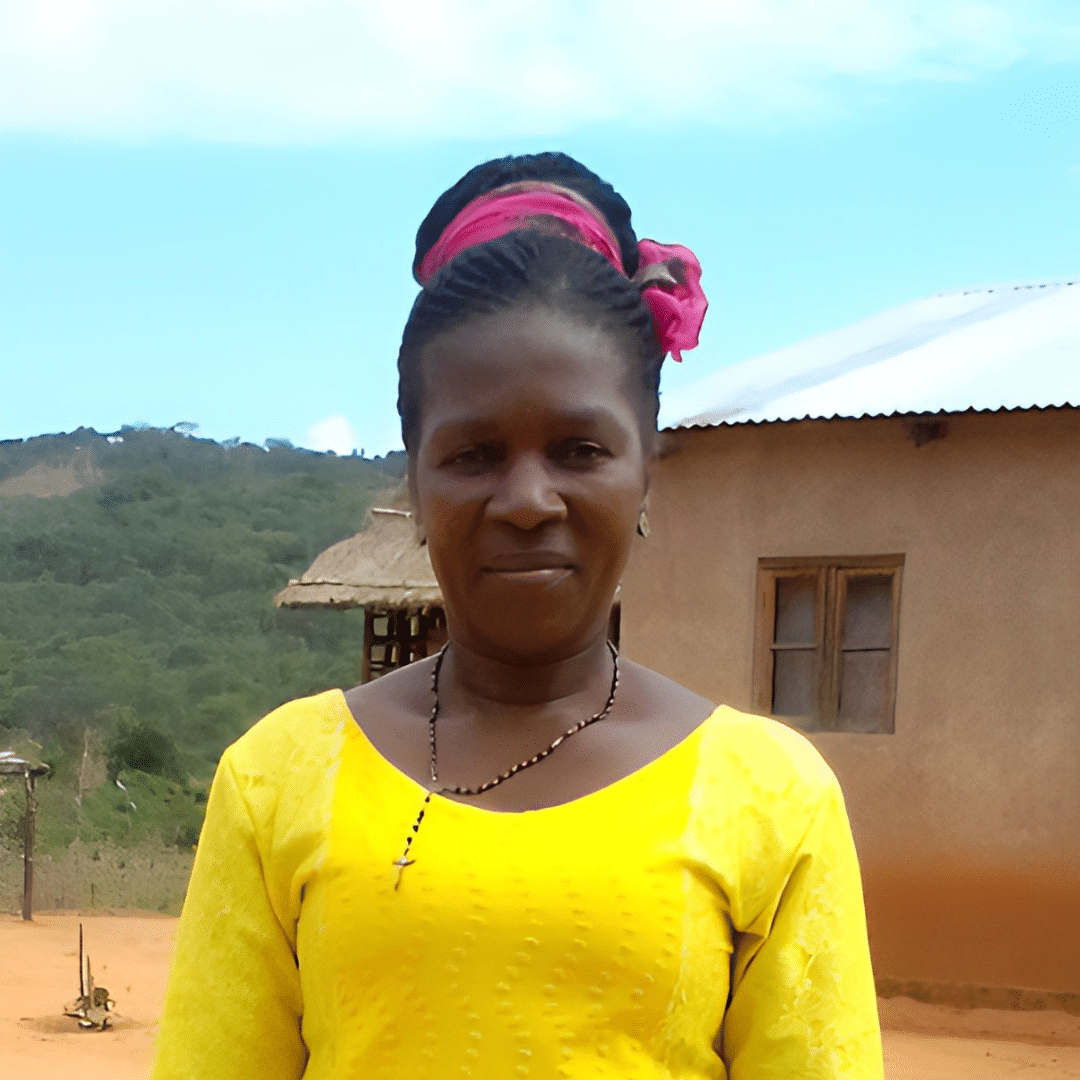Despite limited formal education, Ms. Mary William Brown has become a respected community health worker and leader in her local area of Malawi. Since 2004, after being selected by members of her community, she has worked to improve access to contraception for women and adolescent girls and is bettering health outcomes of expecting mothers in the Neno district.
Her decision to focus on maternal health came after she experienced difficulties while delivering her first child at home. She underwent an emergency transfer to the hospital and considers herself lucky to have reached it in time.
Since then, she has dedicated herself to reducing maternal deaths and complications. With the support of the four CHWs she supervises, they collectively identify and refer 75% of pregnancies to the nearest facility. Through regular home visits, she conducts health screenings, provides education, and accompanies pregnant women and new mothers to healthcare facilities.
Since 2010 the community she supports has not had any maternal deaths and up to 80% of the postnatal women in her district attend postnatal care.
She also identifies women in need of family planning services and refers them to appropriate facilities. Her efforts have led to 70% of women of childbearing age now accessing family planning services, despite the nearest facility not offering modern contraceptives due to religious reasons.
She believes that access to contraceptives and sexual and reproductive health services enable women to make informed choices about their health, space out their pregnancies, and provides a foundation for a dignified life for their children. “Family planning gives women the opportunity to give birth by choice and not by chance,” she says.
Ms. William’s dedication extends to collaborations with other community-based organizations to bring healthcare services to underserved areas in the district. Recognizing the significance of her work, she was invited to share her experiences and insights at the official launch of Partners in Health ‘s strategic plan, both at the district and national levels.
Through her participation, she strives to amplify the voices of women within her community, emphasizing the importance of their perspectives and experiences in shaping healthcare decisions. “Nothing about us, without us,” she emphasizes.
She also highlights key factors that are crucial for CHWs to perform their roles effectively. She lists the need for comprehensive information, mentorship programs, regular training, and access to necessary materials, including educational resources. Ms. William emphasizes the need for fair compensation, reliable transportation, and communication tools for CHWs.
Ms. William’s impact continues to broaden, she trains and mentors new CHWs and ensures the continuity of comprehensive healthcare in the Neno district. She wants to help others make a lasting impact in their communities too.

